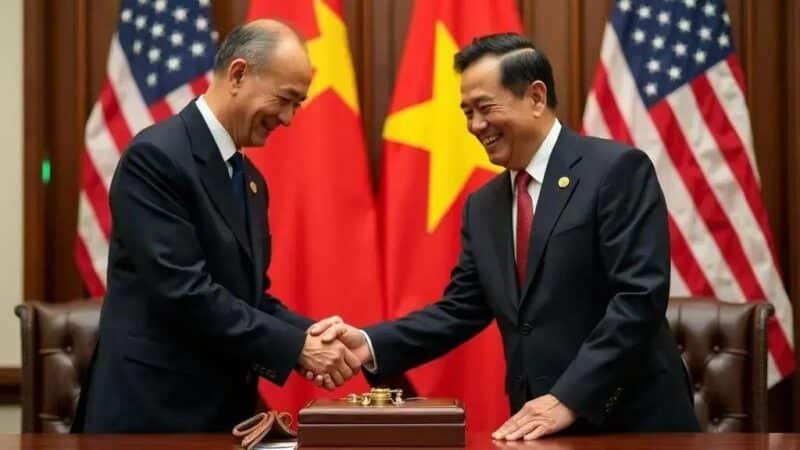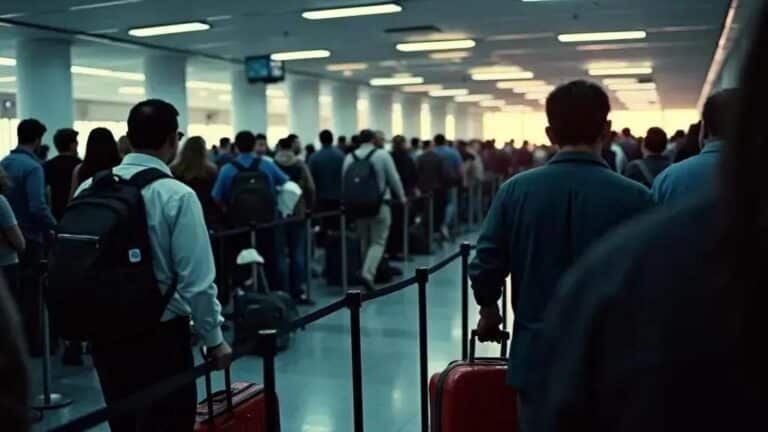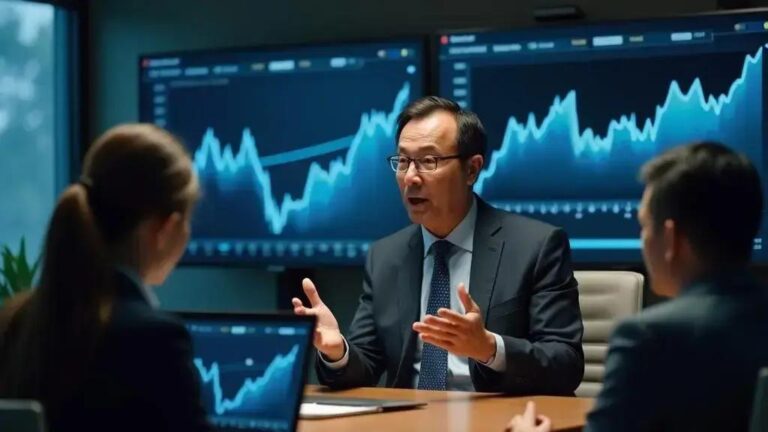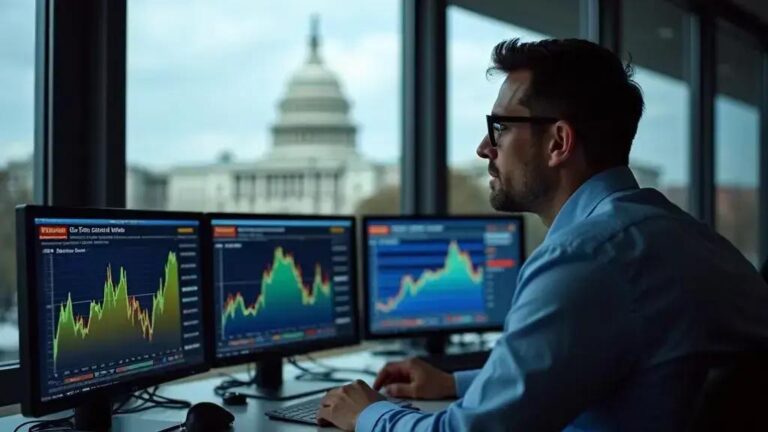Vietnam ties are being tested and rebuilt as the U.S. defense chief visits Hanoi, returns wartime artifacts and highlights joint efforts on cleanup and missing service members — can these gestures make room for deeper defense cooperation?
Healing war legacies: artifact returns, unexploded ordnance clearance and dioxin cleanup
The relationship between the U.S. and Vietnam continues to grow. A key part of this growth is addressing the lasting impacts of the war. Both nations are working hard to heal old wounds and build a stronger future together. This includes returning important artifacts, clearing dangerous unexploded ordnance, and cleaning up harmful chemicals like dioxin.
Returning Wartime Artifacts
Healing old wounds is a big step for the U.S. and Vietnam. Returning wartime artifacts helps a lot. Recently, the U.S. defense chief gave back a soldier’s belt and a knife. These items belonged to a Vietnamese soldier. Such gestures build trust between the two countries. They show deep respect for history and for all who served during the conflict. These acts are more than just exchanges; they are symbols of reconciliation.
Clearing Unexploded Ordnance
Many years after the war, unexploded bombs and mines still pose a serious threat. These dangerous items can suddenly explode. They often injure or kill people, especially children, who might find them. The U.S. and Vietnam are teaming up to clear these contaminated areas. Expert teams locate and safely remove the ordnance. This vital work makes communities much safer. It also helps farmers use their land again without fear of hidden dangers.
Dioxin Cleanup Efforts
The war also left behind a tough challenge: Agent Orange. This chemical contained harmful dioxin. Dioxin still pollutes some areas in Vietnam, especially around former U.S. airbases. It can cause serious health issues for people living nearby. The U.S. is actively helping Vietnam clean up these sites. Large projects are happening at places like Bien Hoa airfield. This cleanup is crucial for public health. It also helps the environment recover. These efforts truly show a commitment to healing past wounds and supporting a healthier future for Vietnam.
Strategic hedging: defense cooperation, diplomatic upgrades and Vietnam’s balancing between global powers
Vietnam has a smart way of dealing with big countries. It’s called strategic hedging. This means Vietnam tries to be friends with many powerful nations. It avoids picking just one side. This approach helps Vietnam keep its independence. It also helps the country grow its economy. Vietnam wants to work with everyone for peace and stability in the region.
Defense Cooperation with the U.S.
Vietnam and the United States are working more closely on defense. This cooperation helps both countries. They often focus on things like maritime security. This means keeping the seas safe for everyone. The recent visit by the U.S. defense chief showed this strong bond. They discussed ways to improve military ties. This includes training and sharing information. Such efforts build trust and understanding between their armed forces.
Upgrading Diplomatic Ties
Recently, Vietnam made a big move in its foreign policy. It upgraded its relationship with the U.S. to a “Comprehensive Strategic Partnership.” This is the highest level of diplomatic ties. It shows how important the U.S. has become to Vietnam. This new partnership covers many areas. It includes trade, technology, and security. It means both countries will work together more closely than ever before.
Balancing Global Powers
Vietnam faces a tricky task. It needs to balance its relationships with major global powers. The U.S. and China are two very important countries for Vietnam. China is a close neighbor and a big trading partner. The U.S. is also a key partner, especially in trade and security. Vietnam tries to keep good relations with both. This balancing act helps Vietnam protect its interests. It ensures the country can make its own choices on the world stage.
Fonte: Fortune.com








